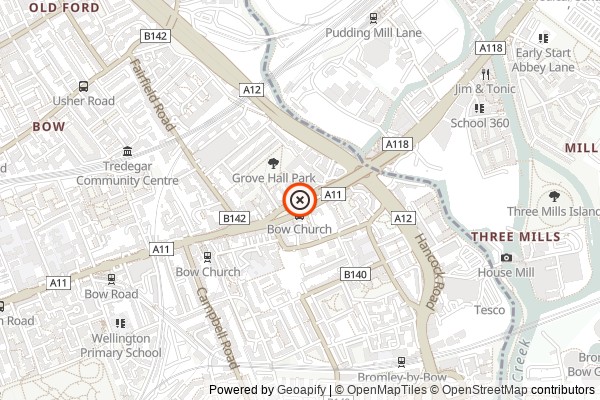
Location
Nunnery Gallery,
London,
E3 2SJ
Dates
This exhibition CLOSED on Sun, 25th Aug 2019
This exhibition has finished.
Cost: Free of Charge
Description
This exhibition explores the forgotten industrial history of plastic in east London around the River Lea.
The exhibition reveals the story of east London's central role in the invention and early development of plastics, showcasing some of the very first plastic objects alongside newly commissioned artwork which tells the story of this material’s remarkable journey.
In Hackney Wick, 1865, Victorian inventor Alexander Parkes created Parkesine – a precursor to celluloid – looking to mimic rare and endangered natural materials such as ivory and tortoiseshell. Parkesine led to the development of the Ivoride Works in Homerton in the late 1860s and eventually to the establishment of the industrially successful British Xylonite Company, which included the eponymous Halex brand in Hale End, Walthamstow.
The exhibition includes the earliest Victorian plastics made by Parkes in the 1860s; surprisingly ornate pieces inlaid with mother of pearl and precious metals, coloured with brilliant blues and greens through recently invented dyes. An early billiard ball illustrates the game changer Parkes’ invention provided in replacing ivory, the material previously used to make the balls of this common game. The British Xylonite Company then went on to produce Europe’s supply of ping pong balls.
The story of plastic’s evolution continues through the 1930s with Art Deco objects from the Halex brand, including an imitation shark-skin or 'shagreen' dressing table set and trinket boxes with iridescent surfaces mimicking semi-precious stones. Also on show will be photographs of the factory working environments, including the company's all too necessary ‘in-house’ fire brigade and – a further testament to the flammable nature of the materials involved – a copy of the factory rules; bringing matches or lighters on site could lead to instant dismissal. The exhibition continues with the later years of the British Xylonite Company activity in east London, including its contribution to the second world war and the 1960s celebrations of its Walthamstow base.
New commissions from resident designer/maker Peter Marigold and resident artist Frances Scott accompany the historic displays. Marigold responds to the early mould-making techniques of inventor – and artist – Parkes, by making his own wooden moulds and using them to work with 'FormCard', Marigold's own brand of compostable bio-plastic. Scott exhibits a new film, PHX [X is for Xylonite], which draws upon photogrammetry, as well as laser scanning techniques offered through project partner UCL, in order to develop and animate 3D images of early plastic objects. These are collaged with hand-processed 16mm film footage captured in the laboratories at UCL, and of a recent demolition on the site of the original Parkesine factory in Hackney Wick.
Contact and Booking Details
More information at this website.
No need to book tickets - just turn up on the day.
Disclaimer
The information and prices in this listing are presumed to be correct at the time of publishing, but please always check with the venue before making a special trip.
All images are supplied by the exhibition organiser.
This exhibition has finished.
This event runs over several days/weeks. Dates include:
Location
Nunnery Gallery,
London,
E3 2SJ







